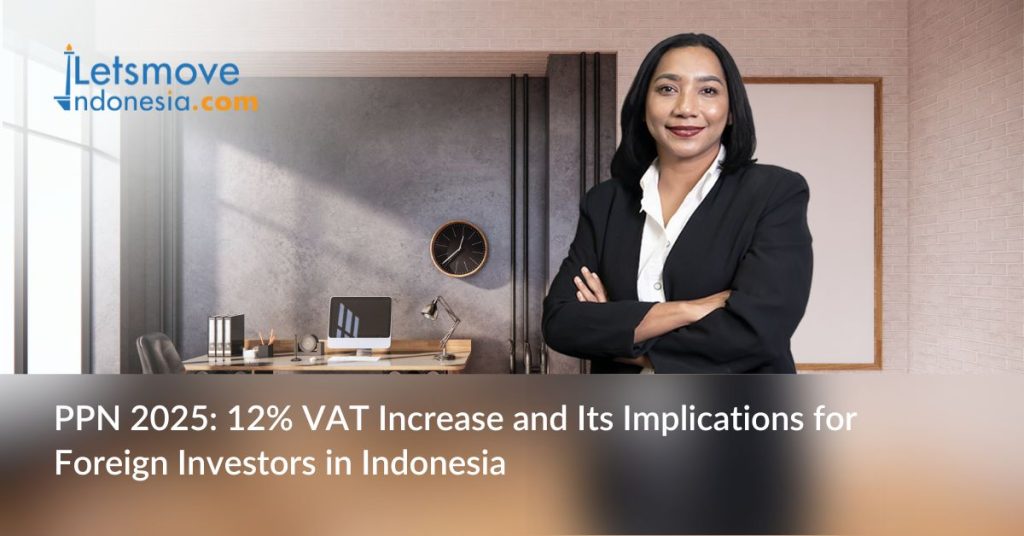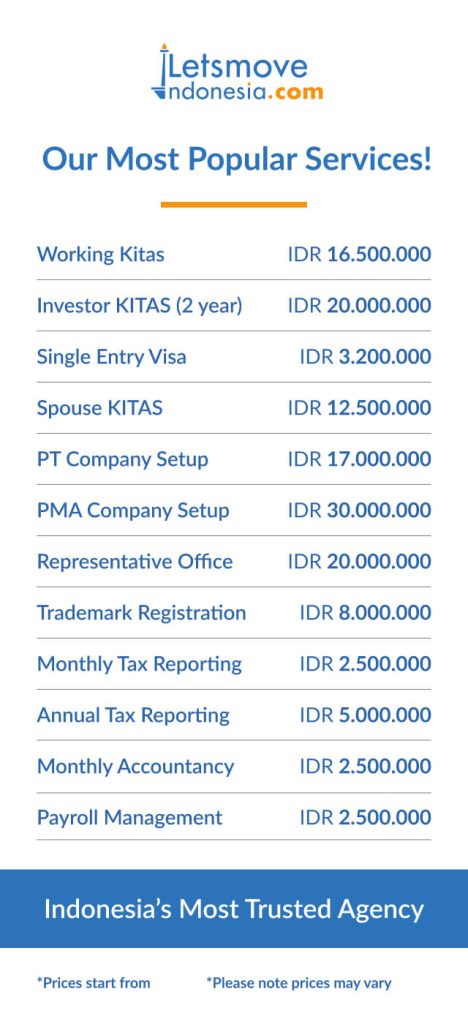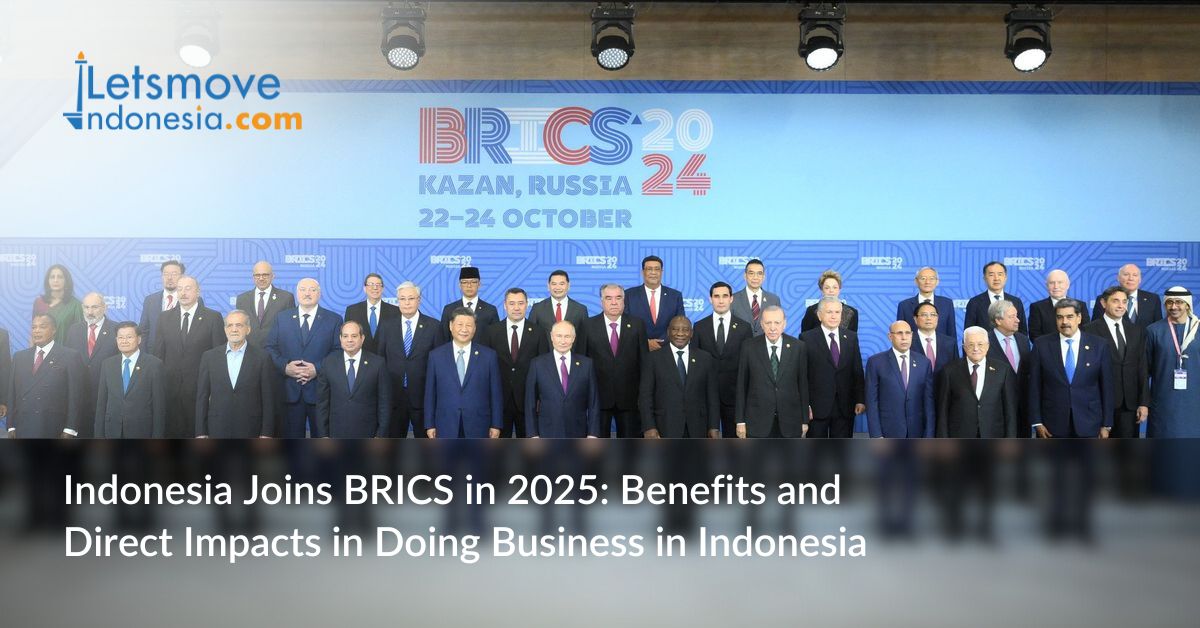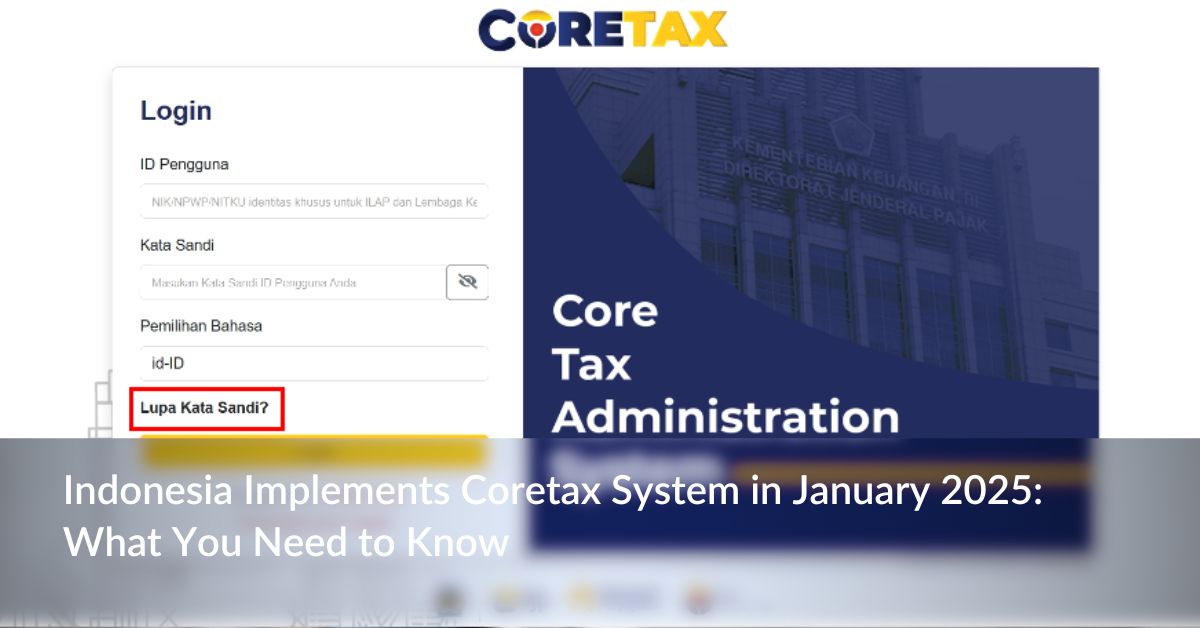Indonesia’s tax landscape is undergoing a significant shift with the impending increase in the Value Added Tax (PPN) rate to 12% in 2025. This change, while aimed at bolstering government revenue, has sparked considerable discussion among businesses and investors alike.
While the increase may seem incremental, its impact on pricing, consumer behaviour, and overall economic activity is substantial.
VAT plays a critical role in Indonesia’s fiscal framework, serving as a major contributor to government revenue. As of November 2023, VAT accounted for 23.8% of the nation’s total revenue, showcasing an impressive 18% growth. This revenue stream is crucial for funding essential public services and supporting Indonesia’s growing economy.
The decision to increase the VAT rate is primarily driven by the need to bolster government revenue to meet rising public expenditures and maintain a healthy debt-to-GDP ratio. However, this move also necessitates a careful consideration of its impact on various stakeholders, including businesses and consumers, to ensure fairness and minimise potential economic disruptions.
In our previous article stated that the Indonesia’s Chief Economics Minister, Airlangga Hartarto, has recently reconfirmed the government’s plan to raise the Value Added Tax (VAT) rate from 11% to 12% in January 2025
Therefore, to shed light on this important development even further, we sat down with Magelina R. Pieter, a seasoned tax consultant at Lets Move Indonesia, to discuss the implications of the PPN surge for foreign investors.
Could you provide some context for the upcoming policy of PPN increase?
Magelina: Certainly. The Indonesian government has been actively pursuing tax reforms in recent years. The PPN rate was already increased from 10% to 11% in 2022. This upcoming rise to 12% in 2025 is a continuation of that effort. The primary objective is to increase government revenue to fund essential public services and manage the national debt. While this increase is necessary from a fiscal perspective, it’s crucial to understand its potential impact on businesses, particularly those with foreign investment.
What exactly is PPN, and how does it work in Indonesia?
Magelina: Tarif Pajak Pertambahan Nilai, or Value Added Tax (VAT), is a consumption tax levied on the sale of goods and services. In Indonesia, businesses registered as Pengusaha Kena Pajak (PKP) are responsible for collecting PPN from customers and remitting it to the government. Essentially, it’s a tax on the value added at each stage of the production and distribution process.
It’s been mentioned that PPN plays a vital role in government revenue. Could you elaborate on that?
Magelina: Absolutely. As of November 2023, PPN constituted 23.8% of Indonesia’s total state revenue, showcasing its significance. With the country’s growing needs and rising public expenditure, increasing PPN revenue is seen as a crucial step towards fiscal sustainability.
What types of goods and services are exempt from PPN?
Magelina: Indonesia provides exemptions for certain essential goods and services to ensure they remain affordable for the general population. These include basic food items like rice, meat, and vegetables, as well as healthcare, education, and public transportation services.
How will the PPN surge to 12% impact foreign investors in Indonesia?
Magelina: The impact will vary depending on the specific industry and business model. For businesses selling goods or services directly to consumers, the increased PPN could lead to higher prices, potentially affecting demand. However, for businesses involved in export-oriented activities or those dealing with exempt goods and services, the impact might be less pronounced.
What are some of the key challenges that foreign investors might face due to the PPN increase?
Magelina: One of the main challenges is managing the impact on pricing and profitability. Businesses need to carefully assess whether to absorb the increased PPN or pass it on to consumers, which could affect sales volumes. Additionally, adapting accounting systems and ensuring compliance with the updated regulations will require careful attention.
How can foreign investors mitigate the negative effects of the PPN surge?
Magelina: There are several strategies that businesses can employ:
- Price Adjustments: Carefully analyse the impact of the PPN increase on your costs and consider adjusting prices strategically to maintain profitability while remaining competitive.
- Operational Efficiency: Streamlining operations and optimising processes can help mitigate the impact of increased costs.
- Tax Planning: Explore available tax incentives and deductions to minimise your overall tax burden.
- Financial Management: Implement robust financial management practices to monitor cash flow and ensure sufficient working capital.
What are some of the potential long-term implications of the PPN increase for the Indonesian economy?
Magelina: While the short-term impact might include some inflationary pressure and potential adjustments in consumer spending, the long-term objective is to strengthen the Indonesian economy. Increased government revenue can fund infrastructure development, improve public services, and create a more conducive environment for business growth.
How can Lets Move Indonesia assist foreign investors in navigating the PPN changes?
Magelina: Lets Move Indonesia has a team of experienced tax consultants who can provide comprehensive support to foreign investors. Our services include:
- Tax Advisory: We provide expert guidance on Indonesian tax laws and regulations, helping businesses understand their tax obligations and optimise their tax positions.
- Compliance and Reporting: We assist with tax registration, filing, and compliance, ensuring businesses meet all regulatory requirements.
- Tax Planning: We help businesses develop tax-efficient strategies to minimise their tax burden and maximise profitability.
- Representation: We represent clients in tax audits and disputes, advocating for their interests and ensuring fair treatment.
What advice would you give to foreign investors who are considering doing business in Indonesia in light of the PPN changes?
Magelina: Indonesia remains a highly attractive destination for foreign investment, despite the PPN increase. The country’s strong economic fundamentals, vast market potential, and government support for businesses outweigh the challenges. My advice would be to:
- Conduct thorough due diligence: Understand the specific tax implications for your industry and business model.
- Engage with tax experts: Seek professional advice to develop a comprehensive tax strategy.
- Stay informed: Keep abreast of any changes in tax regulations and adjust your business practices accordingly.
In conclusion, how should foreign investors approach the upcoming PPN surge?
Magelina: The PPN increase is a significant development in Indonesia’s tax landscape, but it shouldn’t deter foreign investors. By understanding the implications, planning strategically, and seeking expert guidance, businesses can navigate this change successfully and continue to thrive in the Indonesian market.
The impending VAT increase to 12% in 2025 underscores the dynamic nature of Indonesia’s tax regulations. For foreign investors, staying abreast of these changes and understanding their implications is crucial for maintaining compliance and optimising tax efficiency. This is where the expertise of tax consultants becomes invaluable.
Why Engage a Tax Consultant in Indonesia?
Tax consultants in Indonesia possess in-depth knowledge of local tax laws, regulations, and compliance requirements. They provide expert guidance to businesses, helping them navigate the complexities of the tax system and minimise their tax liabilities.
Lets Move Indonesia is committed to supporting foreign investors in navigating the complexities of the Indonesian tax system.
Still have questions regarding Tax in Indonesia?
Speak directly to Magelina by booking a free one-hour consultation at Lets Move Indonesia. Magelina and more of our professional consultants have extensive knowledge of Indonesian tax laws and regulations and are dedicated to providing tailored advice to help you navigate the wide range of tax-related matters.
To schedule your consultation, please contact us at [email protected] or call (021) 30029727.
Related Articles About Company Incorporation Indonesia
10 Types of Business Expansion Strategies to Fuel Your Growth
What is The Company Tax Rate? Everything You Need to Know About Corporate Income Tax in Indonesia
Indonesia to Levy Excise Tax (Bea Cukai) on Sweetened Beverages in 2025, Industry Raises Concerns











